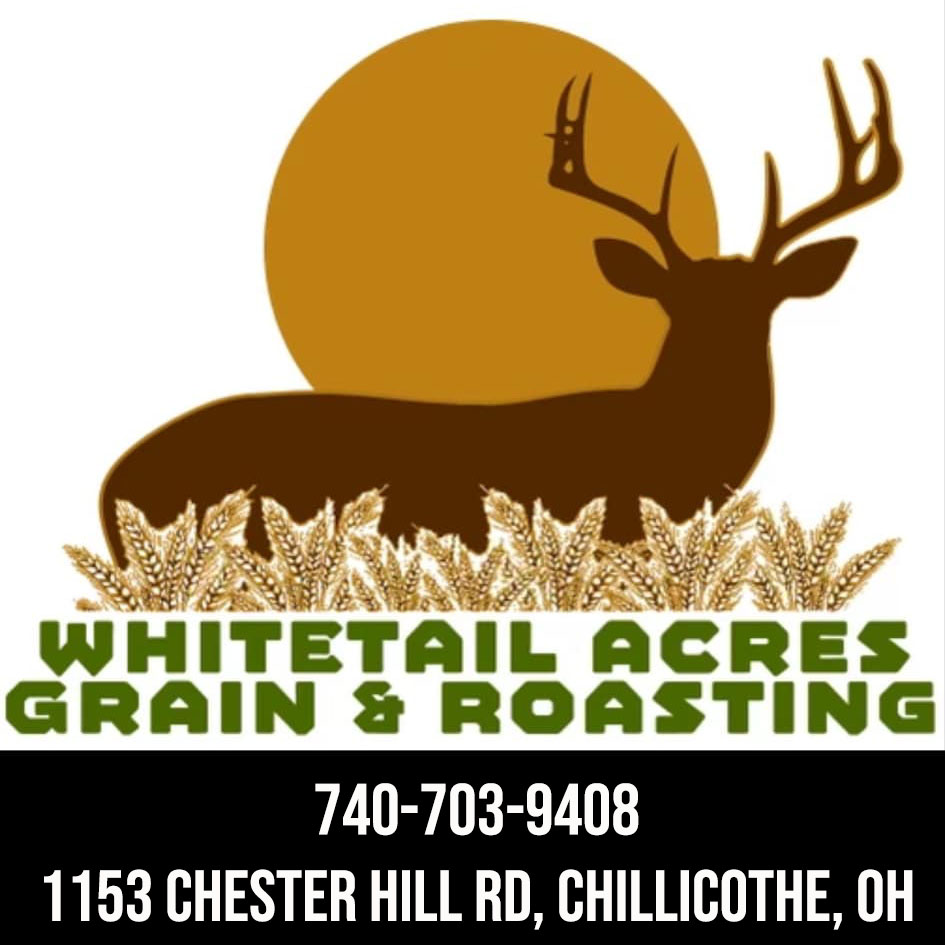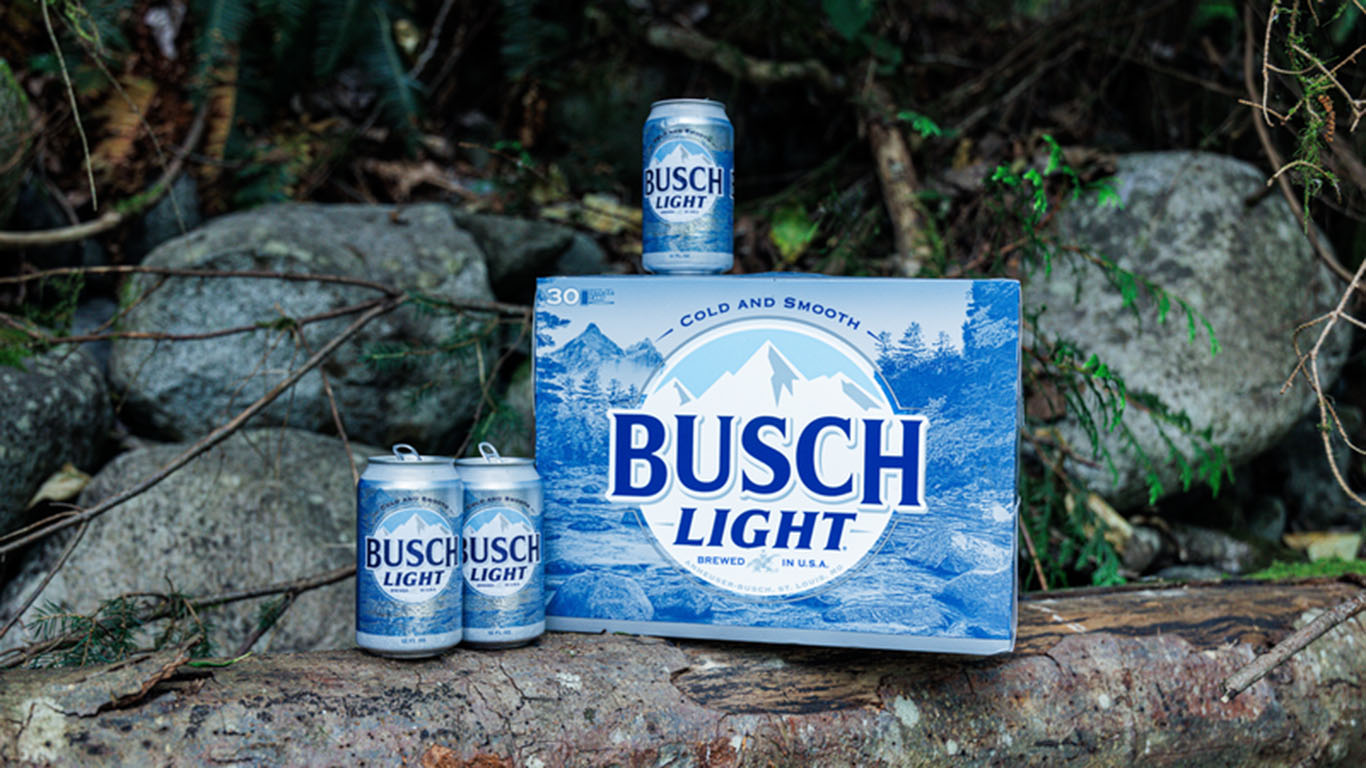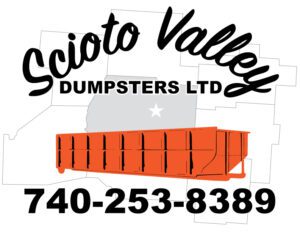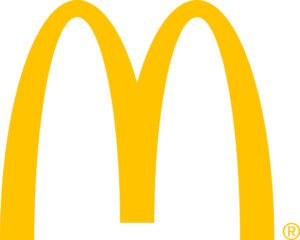
Food Waste Prevention Week April 4-8
Presented By Chillicothe VAMC
(Columbus) – Did you know that nearly one million pounds of food waste is landfilled in Franklin County every single day? To bring this number to life, this is the equivalent of wasting:
- 41 BILLION gallons of water – By wasting food, each Central Ohio resident wastes 30 gallons of water each year.
- 22 MILLION gallons of gas – That’s how much gas is used every year to transport food that Central Ohioans throw away – enough to fuel 44,000 vehicles for a year.
- 160,000 ACRES of land – Each person in Central Ohio requires an area of land larger than a basketball court to grow the food they throw away each year.
- 400 MILLION dollars – Every year, the average family of four wastes $1,500 on food that is purchased but never eaten.
- 187 MILLION meals and 337 BILLION pounds of food – For every Franklin County resident, 145 potential meals and 260 pounds of food waste are landfilled each year.
When food is landfilled, we lose natural resources, money and the opportunity to feed hungry members of our communities. Luckily, there are little actions we can all take to cut food waste in half in Central Ohio by 2030. In recognition of Food Waste Prevention Week (April 4-8), SWACO is sharing some helpful resources to get you started at home and work:
Reducing Food Waste at Home:
- Shop Smart, Plan Ahead: Before you head to the store for a family dinner or your next party, make a grocery list of what you have on hand so you don’t end up with duplicates at home, some of which may expire before you can use them. To only buy what you need, check out this Guest-imator tool so you know how much food to purchase.
- Store Food Properly: Did you know that fresh herbs like basil and rosemary should be washed and kept in a vase like flowers, and potatoes will last longer if stored in a paper bag in a dark place? Visit USDA.gov to learn even more about food storage tips.
- Consume Every Bite: Food left on your plate? Check out SaveTheFood.comfor inspiring recipes and ways to use leftovers, food scraps or imperfect produce. Find additional tips and recipe collections here.
Reducing Food Waste at Work:
- Plan Zero Waste Events: Planning a company event? Check out SWACO’s Event Waste Reduction Best Practices to learn more about creating a zero-waste event, connecting with local haulers, waste station signage and SWACO’s waste container loan program.
- “Free Food Alert!”: It’s easy to order too much when catering in a lunch for clients or other stakeholders. Create a system to let co-workers know there’s leftover food in a kitchen or common area for those instances where there’s a significant amount of extra food. For example, if you know there could be leftover food after a big meeting, alert co-workers ahead of time before they bring or buy their lunch.
- Pack Lightly: There are lots of ways to make a zero-waste lunch, like using a recycled bag, bringing washable napkins and reusable flatware, eliminating beverage straws or using one made of stainless steel, and packing only what you need.
What’s one way to reduce food waste at home AND at work? Composting – a great way to create nutrient rich soil for gardens, while redirecting food that would otherwise end up in a landfill! Click here for SWACO’s introductory guide to backyard composting for your home. Or, if you’re interested in working with your office to start a composting program at work, click here to learn how.
Reducing food waste is an important and critical step toward protecting our natural resources, reducing our reliance on the landfill and ensuring a greener tomorrow for generations to come. For more information, ideas and inspiration, SWACO’s Save More Than Food is a one-stop-resource for understanding the issue and learning ways to take steps to solve it.




























